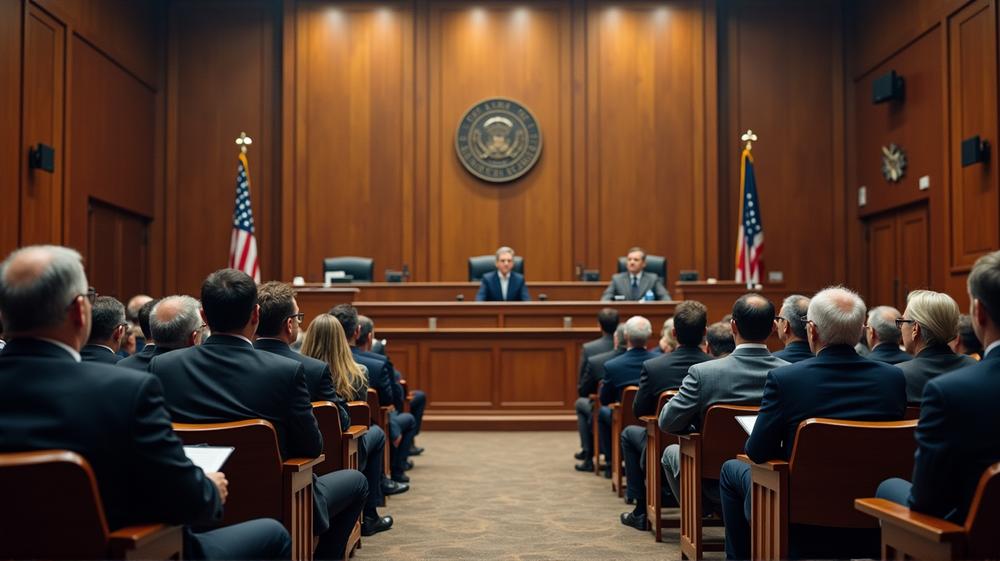No Confidence Motion in Municipalities: High Court Enforces 30-Day Convening Rule
The Andhra Pradesh High Court has delivered a pivotal ruling to uphold democratic principles within municipal governance. By mandating a strict adherence to a 30-day limit for convening meetings on motions of no confidence, the Court underscores the importance of prompt action to safeguard the democratic rights of the majority.
Upholding Democratic Rights
The ruling stems from a notice issued by Vizianagram’s District Collector to the Chairperson of Bobbili Municipality, convening a no-confidence motion meeting. The Andhra Pradesh Municipalities Rule 5 clearly outlines that such meetings must occur within 30 days from receiving a properly verified notice. This directive ensures that procrastination does not impede the fundamental right of the majority to express their lack of confidence in leadership.
Court’s Insight
Justice Nyapathy Vijay elucidates this requirement, emphasizing that Rule 5 enforces the execution of a no-confidence motion while imposing an obligation on the District Collector not to delay this statutory process. The intent is not merely procedural but is embedded in the assurance of democratic integrity and accountability.
Background Context
The backdrop involves a petition challenging a notice for a no-confidence meeting issued by the District Collector, as a consequence of a majority council members’ desire to express no confidence in the Bobbili Municipality Chairperson. Petitioners contested the procedural completeness of the Form-I notice, arguing details such as missing date and place of signatures rendered it invalid. Yet, the respondents upheld that the core purpose was to verify signatures’ authenticity within the prescribed 30-day window.
Court’s Ruling
The Court reaffirmed that the dismissal of procedural delays ensures the no-confidence motion serves its democratic purpose—a proposal reflecting the council’s majority sentiment. The presence of a time-bound framework aligns with the principle of efficient governance and reflects the judiciary’s commitment to maintaining democratic order.
Democratic Assurance
Ultimately, this ruling reiterates that municipal governance should transcend procedural stagnation, enabling elected bodies to swiftly and effectively address governance concerns. It is not just about procedural adherence but ensuring the democratic will is respected and upheld with dispatch.
As stated in Live Law, this decision plays a significant role in reinforcing democratic principles in municipal operations, highlighting the judiciary’s role in preserving the right for council members to express dissent within a specified timeframe. Such judicial directives ensure that administrative lethargy does not become an impediment to the democratic process.




